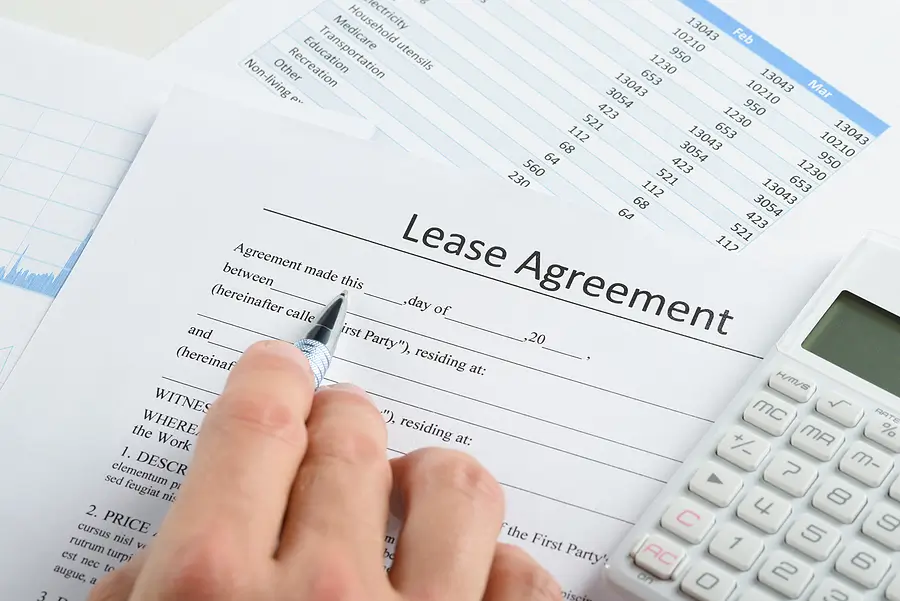When you own or manage a rental property, the lease agreement you sign with a tenant isn’t just a formality, it’s your frontline defense in preserving your investment. Properly enforcing lease terms ensures that tenants understand their responsibilities and that the property remains protected, well-maintained, and compliant with local laws.
According to industry sources, lease enforcement helps safeguard value, encourage tenant accountability, and minimize costly disputes.
Key Takeaways
A clear, detailed lease agreement sets expectations and forms the foundation for enforcement.
Consistent communication and documentation of lease violations enable prompt, fair action.
Regular property inspections and monitoring help identify issues before they escalate.
Enforcing consequences—when necessary—reinforces standards and protects property value.
Working with a professional property management team strengthens enforcement and helps navigate legal complexities.
Why Lease Enforcement Matters
When tenants adhere to lease terms—paying rent on time, respecting property rules, and maintaining their surroundings—your property stays in better condition and your revenue streams remain steady. As one expert article puts it: “Enforcing lease agreements helps to protect these financial investments.”
In contrast, ignoring violations (like unauthorized pets, late payments, or property damage) sends a signal that the lease terms don’t really matter, which can lead to more serious problems down the line.
For example, from the vantage point of Fireside Property Management, a strong enforcement approach means you’re not waiting for issues to become emergencies. Instead, you’re proactively maintaining standards, avoiding property deterioration, and preserving long-term value for your investment.
Best Practices for Effective Enforcement
Draft a strong lease upfront: Your lease should clearly outline expectations: rent due dates, late fees, pet policies, noise rules, guest limitations, maintenance responsibilities, everything that could become a grey area later.
Communicate clearly and regularly: Make sure tenants understand the rules when they sign the lease. Reinforce important terms during move-in meetings, provide reminders if necessary, and keep lines of communication open. This helps reduce misunderstandings.
Inspect and monitor the property: Conduct routine inspections (with proper notice) to ensure compliance with lease terms and spot any damage or unauthorized activity early. Document findings with photos or reports.
Document violations and respond promptly: When a lease term is breached—say, a late payment or unauthorized pet, send a written notice, log the incident, and follow the process defined in the lease plus local law. Acting quickly often prevents escalation.
Enforce fairly and consistently: Applying rules uniformly helps maintain fairness and legal defensibility. Selective enforcement or inconsistent responses can lead to tenant disputes or liability issues.
Stay up to date on local regulations: Landlord-tenant law varies by city and state—knowing your obligations and tenant rights reduces risk. Ignoring local rules can mean enforcement attempts become invalid.
What That Means For Your Property Portfolio
By prioritizing lease enforcement, you’re not just addressing problems, you’re preventing them. You establish a culture of accountability, deter misbehavior, ensure your units are maintained, and strengthen tenant relationships built on clarity and respect.
For property owners across Santa Clara County, working with a professional like Fireside Property Management ensures you’ve got the systems, documentation, and expertise in place so that enforcement becomes a smooth, integral part of management, not an after-thought.
Frequently Asked Questions
1. Can I enforce any lease term I want?
No, your lease must comply with local, state, and federal laws (including fair‐housing rules). Even if a lease states a term, enforcement must be lawful and reasonable.
2. What happens if I ignore a small lease violation?
Small violations can become larger issues. One minor breach unchecked may lead to repeated rule‐breaking, property damage, higher costs, or a weaker position if you later try to enforce. Early timely intervention is key.
3. When should I consider a professional property management company?
If you lack time, legal expertise, consistency in enforcement, or simply want to protect your investment fully, engaging a trusted property manager ensures the structure and processes for enforcement are in place and properly managed.
Bringing It All Together
Enforcing the lease isn’t about being the “strict landlord”—it’s about protecting your investment, maintaining quality rentals, and building relationships that respect both tenant and owner rights.
At Fireside Property Management, serving San Jose and the wider Santa Clara County area, we believe in making lease enforcement a seamless part of property-management strategy: clear rules, consistent practice, professional documentation, and proactive action.
With the right approach, you’ll enjoy better tenant compliance, fewer surprises, and stronger long-term returns on your rental properties. Contact us today!



